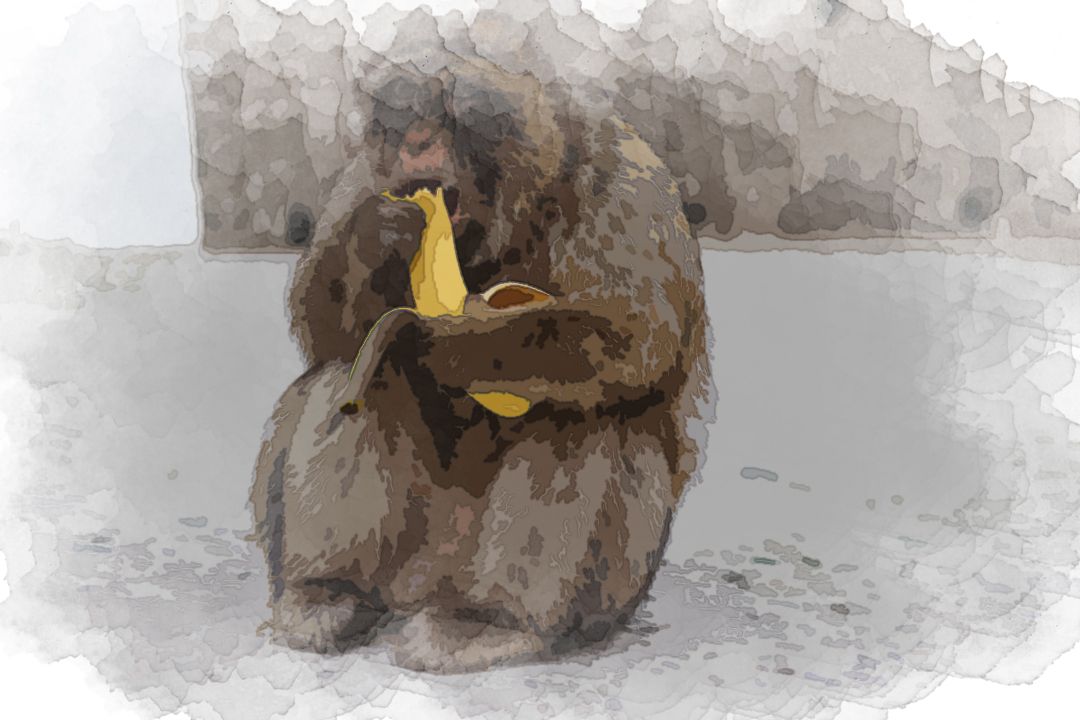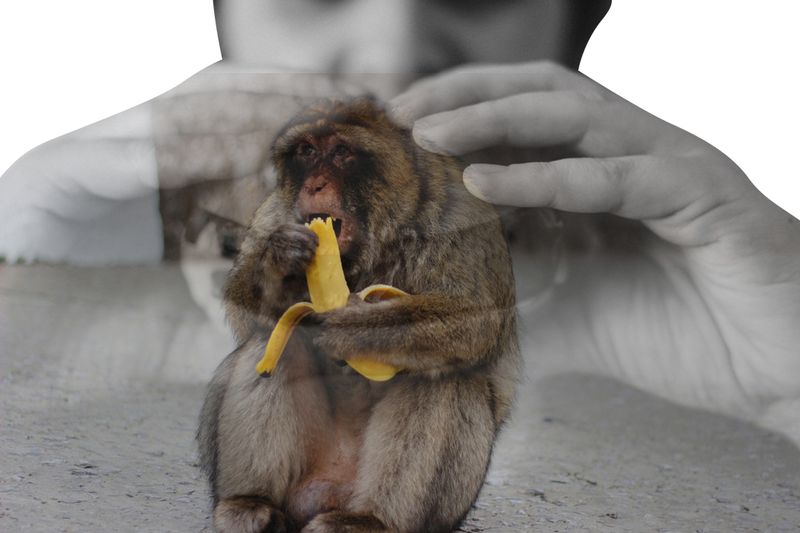Logos of the Political Palindrome; Redivider, deified, civic and Wow!

Money's Lunch
In the radiant town of Veridian, where sunlight danced upon cobblestones and shadows played beneath the boughs, there existed an enchanting spectacle that drew the eyes and hearts of all who dwelled there. At the pinnacle of each day, as the sun reached its zenith, a lone monkey named Money claimed his stage in the heart of the cobblestone square. With a flourish of furry hands and a gleam of anticipation in his eyes, Money embarked upon his midday ritual—a simple, yet mesmerizing, act of peeling a banana.
To the observing eyes of Sophia, the wise curator of Veridian's treasured library, Money's daily performance was more than just a whimsical display of simian delight. It was a living testament to the profound truth encapsulated by Sir Francis Bacon's timeless wisdom:
Knowledge is power.
— Sir Francis Bacon (1561-1626)
In Sophia's learned gaze, Money was not merely a monkey, but a pupil of the world's intricate rhythms—a silent sage whose very existence affirmed the boundless potential for learning within every creature. Through gentle guidance and patient observation, Sophia imparted upon the children of Veridian the significance of Money's routine, teaching them to read the cadence of the day through the silent language of shadows and light.
And so, beneath the watchful gaze of Sophia and the curious eyes of the townsfolk, Money's lunchtime ritual evolved into a cornerstone of Veridian's communal tapestry—a humble yet profound reminder that wisdom need not be grandiose to wield power. As the years passed, the library flourished into a vibrant hub of discourse and discovery, echoing with the laughter of those who found solace and enlightenment within its walls.
Yet, as the fame of Money's daily feast spread, it captured the attention of Alexander, a newcomer whose ambitions burned as bright as the midday sun. With a flair for the dramatic and a penchant for grandeur, Alexander seized upon the opportunity to weave a tale that would elevate Money's simple act to the realm of the divine.
Men never do evil so completely and cheerfully as when they do it from religious conviction.
— Blaise Pascal (1623-1662)
With honeyed words and feigned piety, Alexander proclaimed Money to be a celestial messenger, divinely ordained to absolve humanity's sins through the consumption of bananas. In the fervor of his conviction, Alexander spun a web of mysticism and superstition, exploiting the innate longing for meaning and absolution that dwelled within the hearts of the townsfolk.
Despite Sophia's silent protests and knowing glances, Alexander's narrative took root, transforming Money's lunchtime ritual into a spectacle of spiritual significance. As offerings were laid at Money's feet and prayers whispered upon the breeze, the once-simple act became ensnared in the tangled web of faith and manipulation.
Undeterred by the allure of Alexander's grandiose tales, Sophia embarked upon a quiet crusade to reclaim the hearts and minds of her beloved town. With gentle words and unwavering resolve, she reminded the people of Veridian of the beauty of reason, the strength of knowledge, and the importance of discerning truth from fiction.
And so, on a fateful noon, as Money made his way towards the library steps, Sophia seized upon the opportunity to challenge the prevailing narrative. With a mischievous glint in his eye, Money joined Sophia at her side, his banana peel a silent testament to the absurdity of Alexander's claims.
As Sophia spoke of Blaise Pascal and the folly of doing wrong under the guise of conviction, the spell of Alexander's tales began to wane. Laughter once again echoed through the cobblestone square, as the people of Veridian rediscovered the joy of shared understanding and the power of critical thought.
And though the memory of Alexander's deception lingered like a shadow upon the town's collective conscience, the lessons of wisdom and discernment imparted by Sophia and Money endured, a beacon of light amidst the darkness of ignorance and superstition.

The planksip Writers' Cooperative is proud to sponsor an exciting article rewriting competition where you can win part of over $750,000 in available prize money.
Figures of Speech Collection Personified
Our editorial instructions for your contest submission are simple: incorporate the quotes and imagery from the above article into your submission.
What emerges is entirely up to you!
Winners receive $500 per winning entry multiplied by the article's featured quotes. Our largest prize is $8,000 for rewriting the following article;

At planksip, we believe in changing the way people engage—at least, that's the Idea (ἰδέα). By becoming a member of our thought-provoking community, you'll have the chance to win incredible prizes and access our extensive network of media outlets, which will amplify your voice as a thought leader. Your membership truly matters!We want to change the way people engage. The planksip organic platform is dedicated to supporting your voice as a writer and a thought leader. Join today, membership matters!


